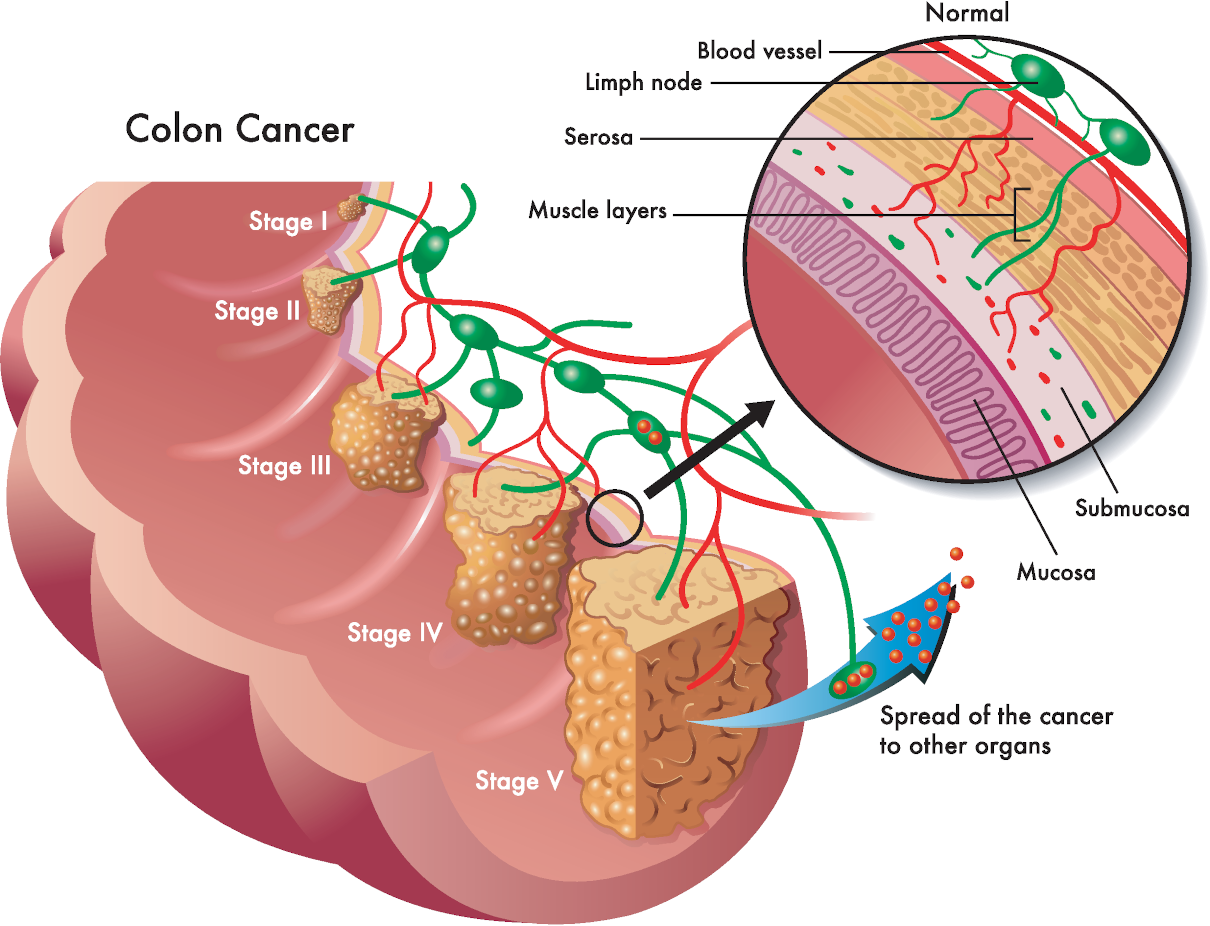
In the structure of all cancers, intestinal cancer, particularly colon cancer, ranks second, second only to the incidence of lung cancer. The five-year mortality from Bowel cancer, also called colon cancer, is almost 70%; more than half of people with this diagnosis die within five years.
Statistics
Besides, about 40% of patients die in the first year. Cancer of the rectum is the most deadly. Such depressing statistics only testify to the fact that diagnosing colon cancer is challenging.
Therefore, you need to know the signs of oncology to identify the disease at the earliest stage!

One colonic irrigation session including consultation
Colon irrigation and comprehensive consultation with a professional colon hydrotherapist registered with RICTAT and ARCH at the Parkland Clinic in Holborn. We use a closed system only—London’s best colonic hydrotherapy deal.
What are the symptoms of bowel cancer?
Symptoms inherent in intestinal cancer cannot disturb the patient for a very long time. However, with the appearance of the following signs, it is necessary to assume an oncological disease:
- a sharp decrease in body weight;
- loss of appetite;
- Extended subfebrile condition – a slight increase in body temperature without an apparent reason for this (absence of colds, infections);
- nausea and vomiting.
Digestive disorders such as constipation or diarrhoea are another of the first signs of bowel cancer. The manifestations of tumours depend mainly on their location.

Mini Detox PLUS – 3 colonics, minerals, herbal & probiotic implants
The ideal pattern of colonic treatments includes three alkalising colon hydrotherapy treatments with sodium bicarbonate, one anti-parasitic implant on the first treatment, one liver and gall bladder stimulating herbal implant on the second treatment, and high strength probiotic implant on the third colonic.
Symptoms
For example, constipation predominates in neoplasms of the ascending and transverse colon. However, when a tumour affected the rectum, then the following symptoms of cancer appear:
- Bleeding from the rectum, from the appearance of drops of blood in the stool and ending with severe bleeding when the blood flows non-stop (similar bleeding can occur in neglected cases);
- a feeling of unfinished defecation;
- a sensation of a foreign object in the rectum.
Cancer of the sigmoid colon can signal itself with diarrhoea, flatulence, and pain in the left side of the abdomen. Carcinoma of the caecum is much less common and manifests itself most often as a digestive disorder and chronic constipation, which can lead to complete intestinal obstruction. Intestinal obstruction is one of the leading symptoms of colon cancer in later stages.
It is because a growing tumour closes merely the intestine’s lumen, preventing stool passage. The appearance of any of the above signs is a serious reason to call doctors for a thorough examination. Bowel cancer is a dangerous disease that requires serious medical attention. Colonic irrigation will not cure the disease, but it will help maintain the body healthy and able to withstand the problems.

Food intolerance test of 208 ingredients
This one is our most comprehensive food and drink test. The test analyses your client’s IgG antibody reactions to 208 food and drink ingredients. This test will highlight their food triggers and help you formulate an IgG-guided elimination diet together.










